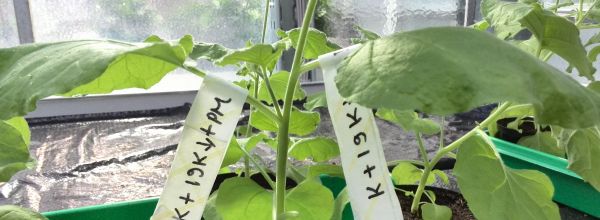Safety Comes First: Common Laboratory Signs
Baffled by all the safety signs in your lab? Here we give you an overview of the most common lab safety signs and tips on best practices for keeping safe.
Join Us
Sign up for our feature-packed newsletter today to ensure you get the latest expert help and advice to level up your lab work.

Baffled by all the safety signs in your lab? Here we give you an overview of the most common lab safety signs and tips on best practices for keeping safe.

You can create stably transformed plants expressing your gene of interest; be it for the subcellular localization of your protein or simply for the in planta protein expression and purification. Whatever it is, you can do wonders with plant transformation. Sound difficult? It isn’t. Just like there are millions of microbes that interact with us,…

Plants are just not green gods—they can be more. You can cost-effectively express your recombinant complex proteins in a plant system. More interestingly, plants are ideal systems for producing functional monoclonal antibodies, enzymes, and vaccine components! They can also be used for protein localization studies. To save time, you can transiently express your protein using…

Academia or industry? Basic research or applied research? You are thinking of what to do next. What is right for you? Honestly, it is a never ending discussion. So what should you do? Here are some insider tips from a person who has worked in both biotech industries and universities. The Freedom to Manage your Own…

Agroinfiltration is a method for the transient expression of your protein of interest in a plant system. You can use it for the production of recombinant proteins or simply to determine the sub-cellular localization of your protein.

I think we all have been through those my-PCR-product-didn’t-get-amplified days. Sometimes, playing around a bit more with the PCR conditions brings luck, or sometimes it doesn’t work at all. These days we have access to many different types of DNA polymerases, ultrapure and buffered nucleoside triphosphates, and other necessary starting materials in convenient concentrations; but…

The eBook with top tips from our Researcher community.